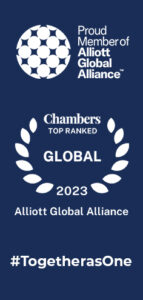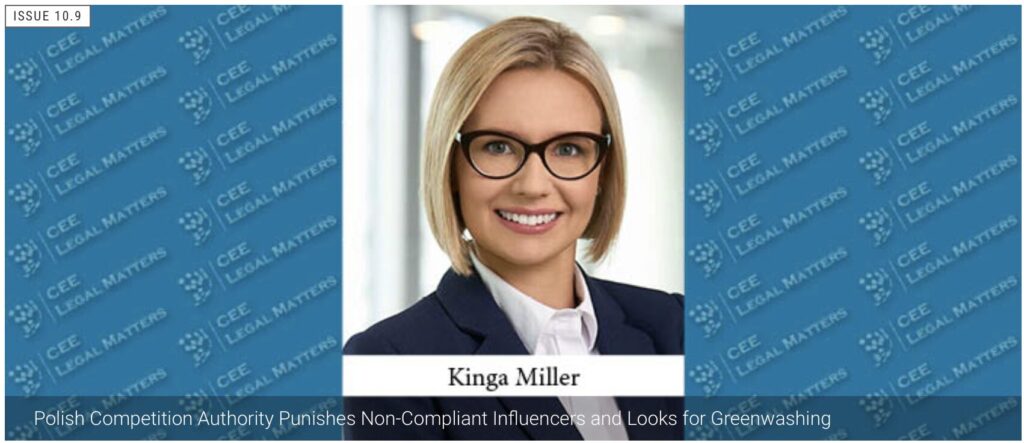The UOKiK first took a hard look at the influencers operating in the Polish market, which include well-known TV personalities and celebrities. It has repeatedly highlighted the importance of transparency for consumers, emphasizing the need for individuals to differentiate between neutral and commercial messages they encounter on social media platforms. In Poland, there are regulations in this area, which primarily prohibit crypto-advertising. When a company pays for the promotion of a product or service, it is imperative that the message directed toward consumers explicitly denotes this fact. This disclosure must be apparent within the content itself, utilizing sounds or images that are easily recognizable to the recipient. In line with Poland’s 2007 Act on Counteracting Unfair Market Practices, any omission of pertinent information essential for consumers to make informed decisions about a product or service is strictly prohibited.
The UOKiK’s actions were not only aimed at protecting consumers but also at ensuring fair competition between companies. The current provisions of the Act on Combating Unfair Competition in Poland make it clear that communication encouraging the purchase of goods or services that gives the impression of neutrality is an act of unfair competition. The responsibility for social media content that appears neutral but is actually commercial lies with advertisers, advertising agencies, as well as influencers.
Thus, through consultations with representatives of the influencer marketing industry and academics, the UOKiK prepared the #DesignateAds campaign. As a component of this effort, recommendations of uniform rules were presented for the labeling of advertising content by social media influencers. Its primary objective was to establish an unambiguous, clear, and understandable labeling system for average users of social media platforms to identify influencer posts of a commercial nature. Influencers are advised to use explicit tags such as #advertising, #postsponsored, and #paidcollaboration (their Polish equivalent) to disclose commercial content.
The UOKiK initiated its first proceedings a few months after the recommendations were announced, looking at how online creators use them. The first decisions penalizing influencers were for failing to cooperate with the office’s investigation. Subsequently, prominent celebrities were charged by the President of the UOKiK for neglecting to label ads on social media. The end of August brought news of the highest penalty imposed so far by the President of the UOKiK for non-compliance with legal regulations and advertising labeling standards. A dietary supplement producer was fined PLN 5 million (over EUR 1 million) for crypto-advertising on social media. Additionally, three influencers promoting the company’s products were fined PLN 44,000 (EUR 10,000) for not adequately disclosing the commercial nature of their posts. In the course of the UOKiK’s investigation, it was established that the fined producer had created and supplied influencers with content and labeling guidelines, enforcing strict adherence to this approach.
As part of the prevention of unfair market practices, the UOKiK began checking the cosmetics and fashion industries for greenwashing. Today’s environmentally conscious consumers, cognizant of environmental decline, are increasingly drawn to products and services that position themselves as eco-friendly. Using misleading labels like “eco-friendly” or “natural,” making environmental claims without any evidence or third-party verification, and using green imagery (pictures of forests, earth, leaves) to give the illusion of environmental responsibility are the most well-known examples of greenwashing. As consumers, environmentalists, and regulators are pushing for more transparency and accuracy in environmental claims, the UOKiK, using Poland’s current laws prohibiting unfair market practices, is checking whether products/services are actually as green as presented by the producer – starting with the name of the product, certificates held, and information on its production.



